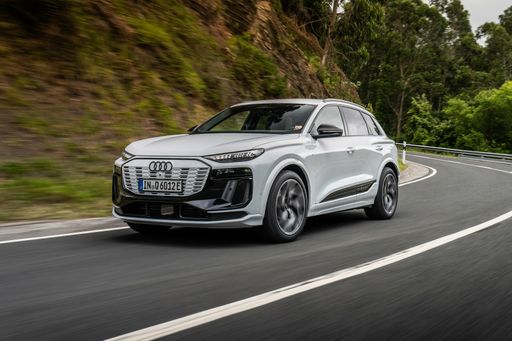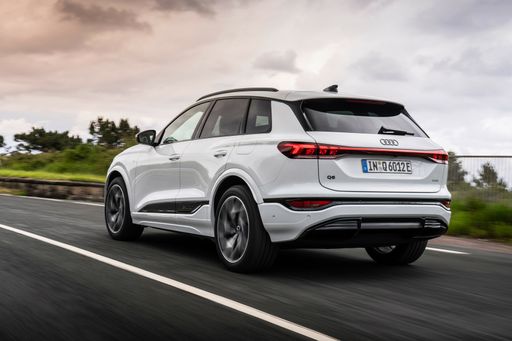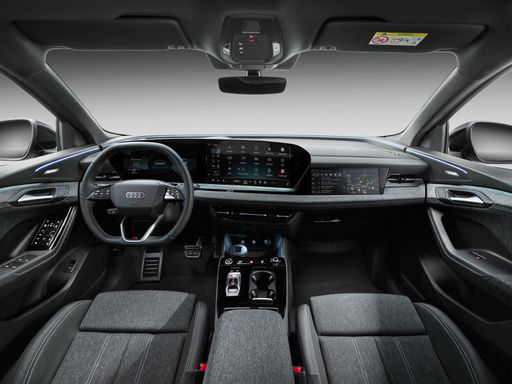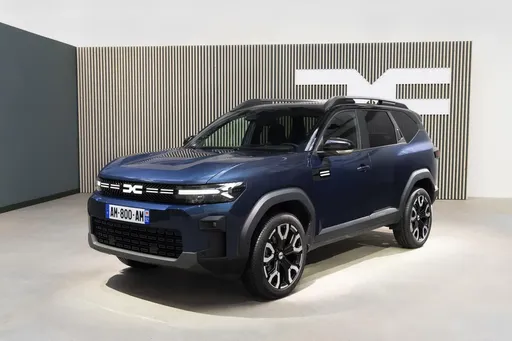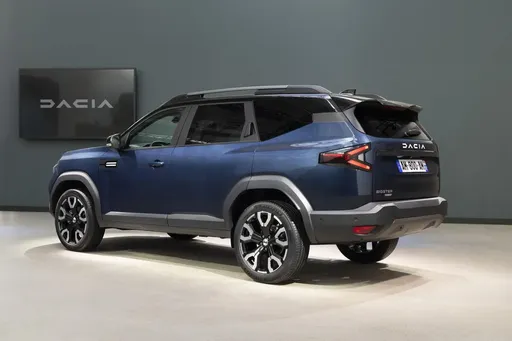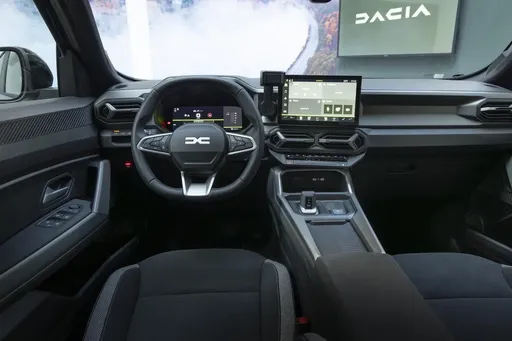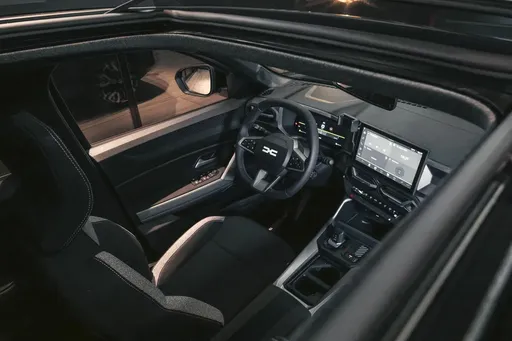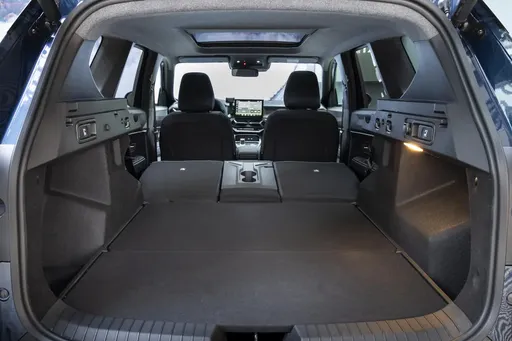Electric Elegance vs Affordable Versatility: Audi Q6 e-tron vs Dacia Bigster
In a world shifting towards sustainable mobility, the automotive landscape is witnessing a newfound enthusiasm for innovative SUVs. The Audi Q6 e-tron and the Dacia Bigster represent two intriguing yet distinct solutions for modern drivers. While the Q6 e-tron flaunts its electric prowess, the Bigster stands out as a versatile, budget-friendly contender. Here, we delve into the intricate details and advanced innovations these models bring to the table.

